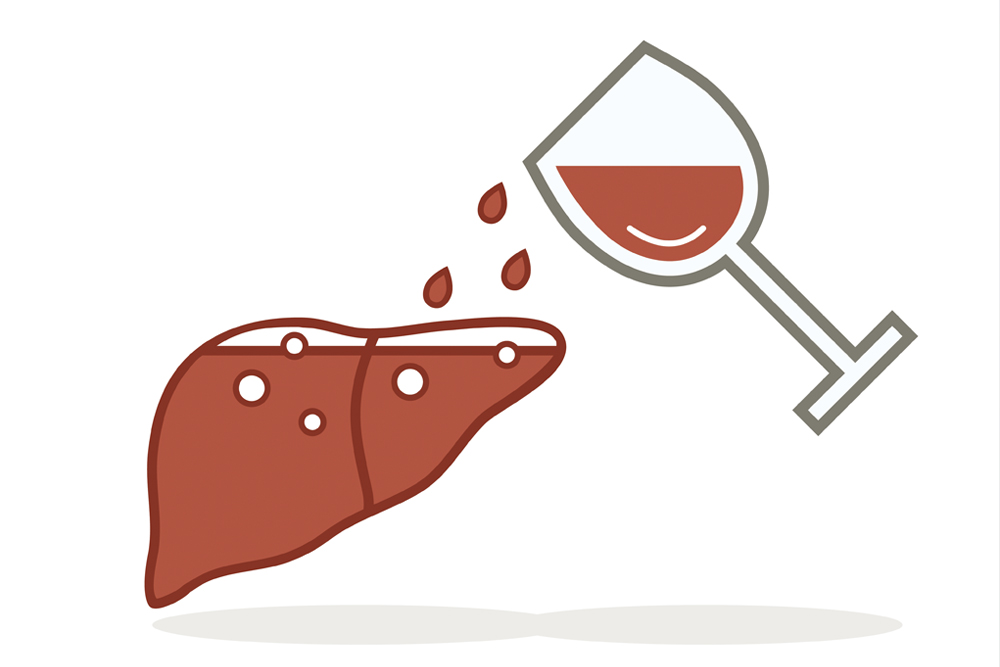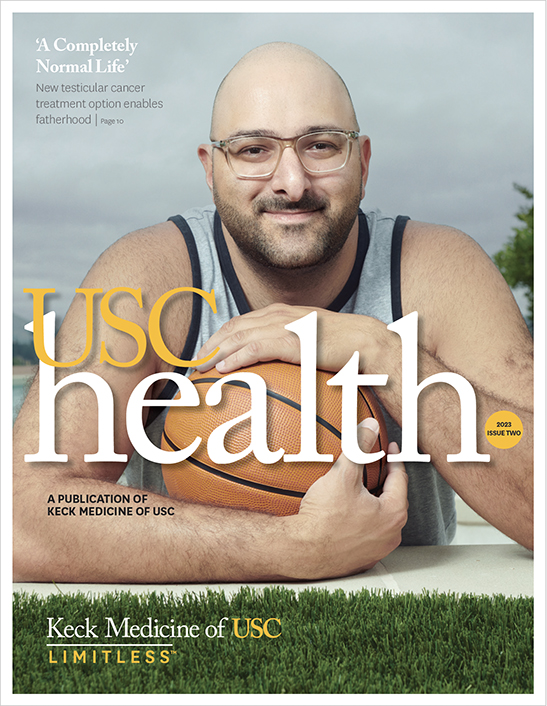
Recipients with a history of heavy drinking had high survival rates after transplantation, a recent study finds. Many were able to quit for good.
Liver transplant patients with established alcohol abuse issues can do as well as, or better than, others who receive new livers — a finding that challenges longstanding selection criteria.
“The assumption has been that liver failure patients who continue to use alcohol are poor transplant candidates because they aren’t motivated to take care of the donor organ,” says Brian Lee, MD, a liver transplant hepatologist at Keck Medicine of USC.
Dr. Lee is senior author of a study published in July in the American Journal of Gastroenterology that examined 241 liver transplant patients — including 31 who continued using alcohol against doctors’ advice after being diagnosed with alcohol-related hepatitis.
The other 210 patients received transplants for sudden, unexpected liver failure resulting from heavy drinking.
Perhaps not surprisingly, researchers found a higher risk of death among transplant patients who kept drinking after a liver disease diagnosis.
Sobriety before liver transplant: Is it medically necessary?
Still, the study found that three-year survival rates were high in both groups: 78% for those with a history of continued drinking after liver disease diagnosis, versus 85% for those with sudden liver failure. (Most patients in both groups were able to stop drinking completely.)
Many centers mandate six months of sobriety before transplantation, even though research shows such abstinence is no guarantee against post-transplant drinking.
Keck Medicine does not mandate a sobriety period.
Such a delay in transplantation can be a death sentence for some patients, Dr. Lee says, including those who have no serious symptoms before being diagnosed with end-stage liver disease.
Topics


